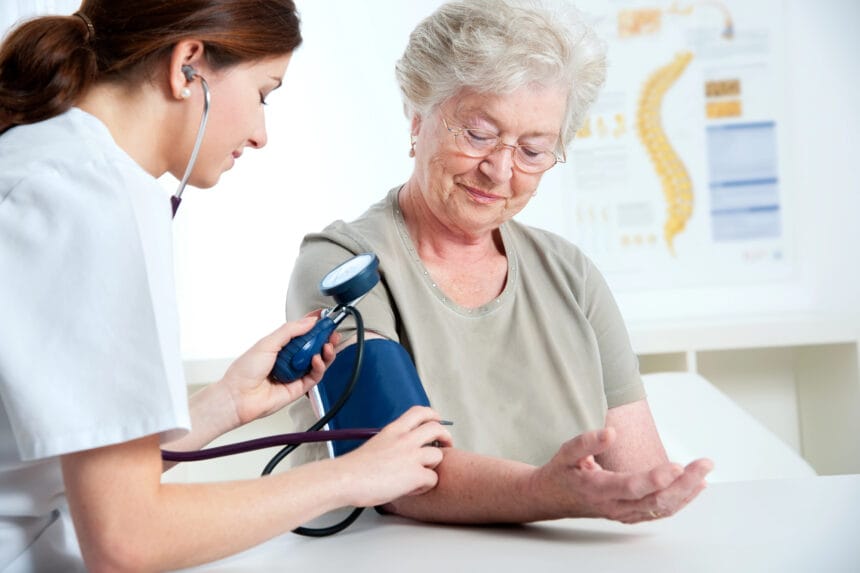Aging brings natural changes to the body, some showing more dire situations that need valid attention. Recognizing these warning signs would give older adults and their families insight into issues that may rise into more significant problems with time. Here are some key indications to note down:
Changes in Hygiene and Personal Care
A decline in grooming habits, such as not bathing, brushing teeth, or wearing clean clothes, is often a sign of physical or mental health challenges. Some people have physical limitations from arthritis or balance problems and find it difficult to care for themselves. Alternatively, cognitive decline could inhibit personal care as vividly remembering these tasks may become challenging.
If an aging adult seems unkempt or wears the same clothes for several days, adult children or other family members might need to make arrangements with home care in your area in Santa Rosa to provide assistance with daily activities or seek care alternatives.
Unintended Weight Loss or Gain
A sudden weight change is one of the best indicators of some underlying conditions. In the event of weight loss, malnutrition, digestive problems, or depression could be culprits, but other illnesses, like cancer or heart disease, may also be suspected.
You also need to pay attention to an increase in weight from fluid retention due to kidney or heart problems, the effect of medications, or a decrease in activity level. If an aging adult loses more than 5% of their body weight without trying during the last six months, a visit to the doctor would be warranted.
Decline in Mobility or Balance
Some mobility problems arise with age, but a sudden or gradual decrease in balance, strength, gait, or other movement-related conditions could indicate serious concerns. These could result from arthritis, muscle weakness, neurological disorders, or cardiovascular issues.
Frequent falls or near falls indicate that the body is compromised in some other way besides one’s choice of surface on which to walk; these complaints could lead to injury. If an older person has frequent falls, difficulty standing from a chair, or ambulates poorly, physical therapy or balance assessment may help prevent falls in the future.
Cognitive Decline and Memory Loss
Occasional forgetfulness is common, but memory issues can become disturbing alarms for dementia, Alzheimer’s disease, or other possible neurologic disorders. Keep an eye out for symptoms like forgetting critical appointments, misplacing items frequently, disorientation in familiar places, or difficulty with words.
Should memory loss interfere with the ability to manage finances, take medicines, or maintain personal hygiene, a neurologist or geriatric specialist for older adults should be consulted.
Mood Changes and Isolation
With aging come greater chances for mental health decline through isolation, loss of loved ones, or diminished physical capacity. Signs to look for include withdrawal from activities, lack of interest in hobbies, irritability, and increased anxiety. Though depression is a common yet overlooked condition among older adults, it tends to affect their overall well-being.
Therapy, social support, and medications can benefit an aging adult who is frequently sad, withdrawn, irritable, or reluctant to engage in social activity.
Endnote
Keeping an eye on these signs may ensure that older adults get the attention they need while maintaining their quality of life. Check with relatives, communicate openly with them, and have medical visits as needed.









